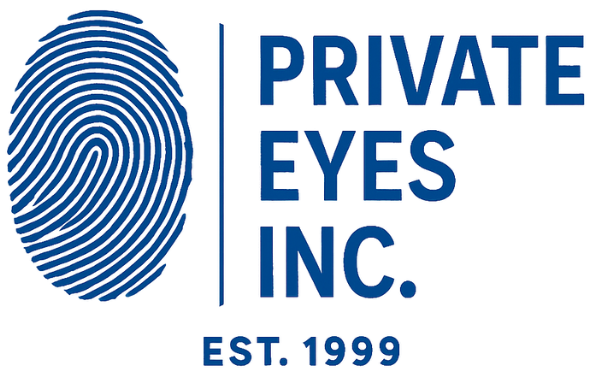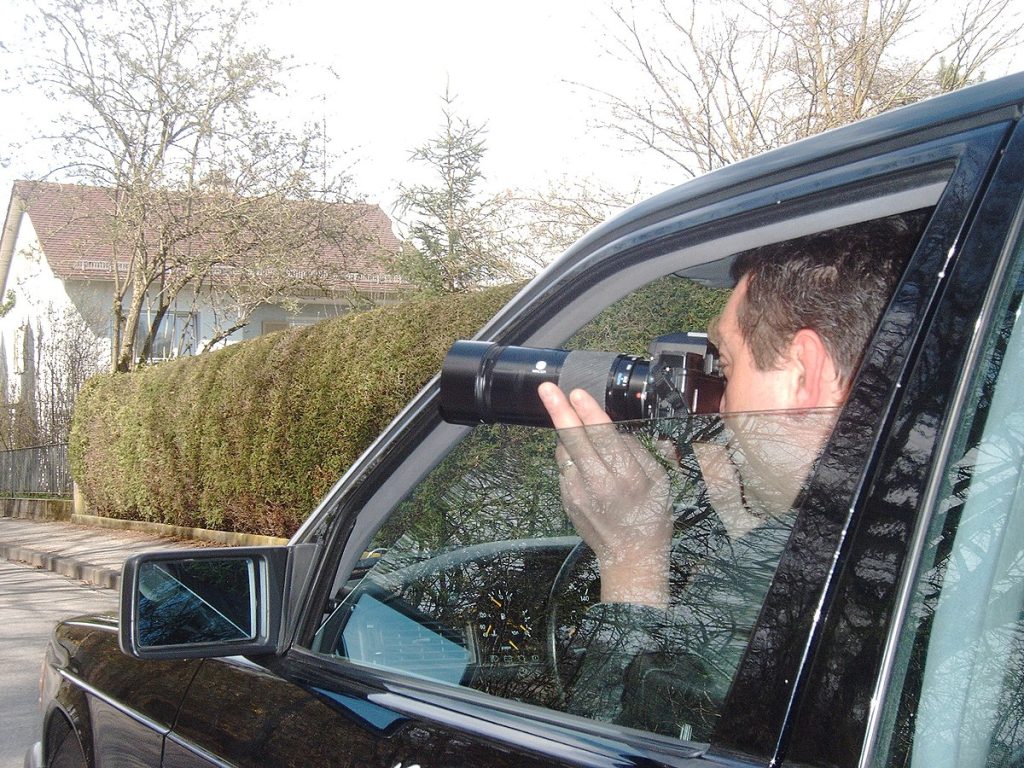Many people have security systems that protect their homes and businesses, meaning that they are aware of some form of overt and mechanical surveillance. However, there are several types of surveillance that go beyond stationary cameras and alarm sensors. The practice of surveilling is only in part video and security, and it extends into the arena of covert tactics and investigations. While not everyone will need to utilize these tools, it does pay to understand their purpose and most common forms.
Purpose of Surveillance
While corporations and insurance entities can use surveillance, you do not have to be an enterprise or business to find the practice useful. There are several reasons that people use private investigators and security firms for investigations.
- Insurance claims
- Counterintelligence
- Infidelity
- Child support
- Abuse
The discretion of these services means that companies and individuals are able to collect unbiased data to help them through investigations, court cases, divorce proceedings, etc. However, while surveillance can prove beneficial, no investigation requires every type or form.
Common Forms of Surveillance
Many security firms offer a variety of investigatory packages and services. However, when stripped down to the essentials, there are four distinct types of surveillance.
- Interviews – For a missing person investigation, interviews are paramount to understanding the subject. Most often family members, co-workers, friends and neighbors will be talked to in an attempt to discover information and insight.
- Physical observation – Physical observation is common for spousal investigations. This type of surveillance involves the actual viewing and following of a subject, and it may include stakeouts, disguises and multiple investigators.
- Electronic – Electronic monitoring is often the tool of choice among investigators. This involves the use of electronic equipment to record and document activity. For instance, wiretaps, radios and televisions are common tactics.
- Technical – Technical surveillance can also be referred to as A/V surveillance. This involves the use of audio and visual equipment, like digital cameras, to record and document investigations for due dilligance.
Any good strategy likely utilizes a variety of these techniques and tools. However, the tools used probably depend on the purpose of the investigation and the methodologies used.
Methodologies
Beyond the forms of surveillance, there are also different methodologies. Every investigation is unique and requires a different set of tools and skills, which is why it is essential for security firms to understand the target and reason behind an investigation.
- Covert versus overt. Covert practices are common in insurance or spousal investigations. They require the agent or investigator to remain undetected. Overt is when the surveillance is apparent, like in home security systems.
- Mechanical versus human. Mechanical methods use cameras, voice recorders and other recording devices to ensure a digital or hard copy file for the results of the inquiry. A human investigation is when devices are ignored in favor of a direct source of information. However, most firms will use both mechanical and human methods.
- Stationary versus mobile. Stationary investigations involve staying in the same location and watching the subject. Mobile investigations are the opposite, where the subject is followed from place to place.
Again, the methodology used is dependent on the type of investigation. If it is work-related, then perhaps an overt investigation using mechanical and human assessments would be best. However, if looking into possible infidelity, then covert surveillance that relies heavily on electronic and technical practices may suit you better.
How the Process Works
Most investigations and surveillance tasks occur in a similar way. The primary investigator will interview the client and receive clarification on the purpose of the investigation. Once they understand their agenda, they will dig into the subject and become familiar with their background and relationships. Following this initial research, they will study the area of the investigation to uncover a peak time to investigate. Once familiar with the area, they will determine the best tools and techniques to use.
Surveillance goes beyond the basics of home security, with many firms like Beau Dietl & Associates specializing in covert and overt practices. Knowing the type of investigation will help a security team determine the best kind of surveillance for the job, whether that be electronic, technical, human or a combination of several others.
Contact us today to learn more. 866.PRI.EYES (774.3937)








